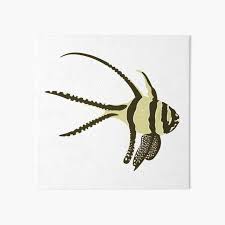The Role of Dragons in Spring and Harvest Honoring Rituals in China
The dragon is one of the most revered symbols in Chinese culture, representing power, prosperity, and renewal. Throughout history, the dragon has played a central role in spring festivals and harvest ceremonies, where communities honor nature’s cycles and seek blessings for agricultural success. From ancient imperial rituals to modern-day celebrations, dragon-related traditions continue to be









